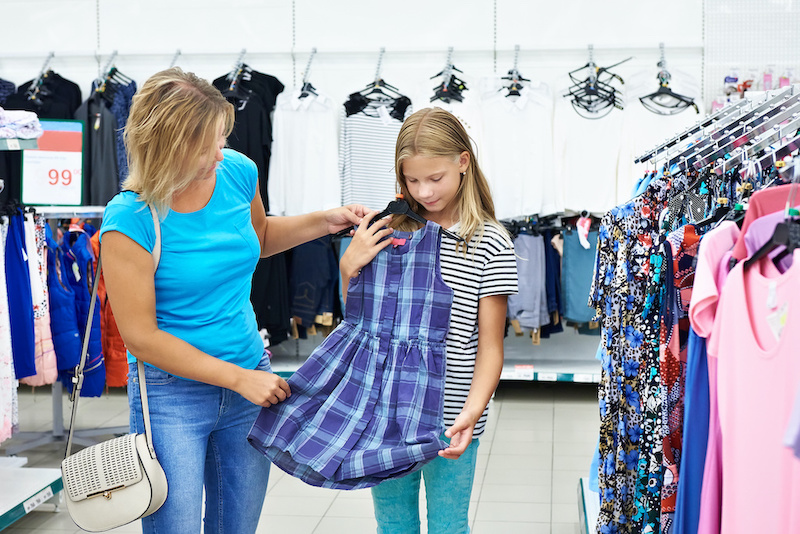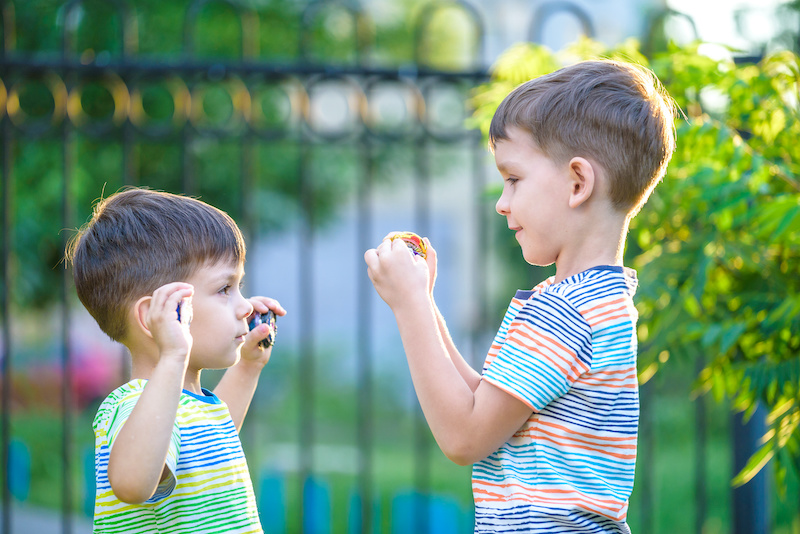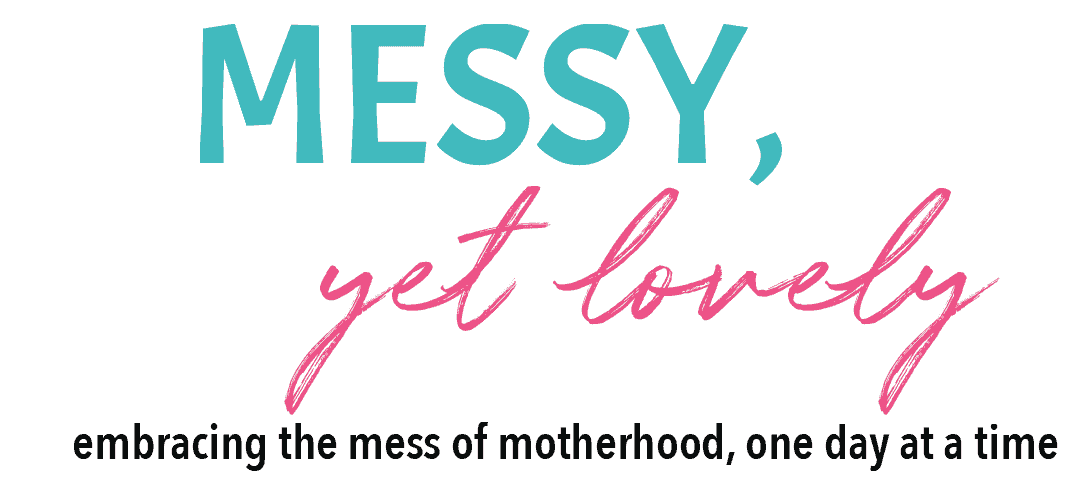For parents, one of their responsibilities is to teach kids to respect people.
Be it adults, or their peers, children need some training to respect boundaries, privacy, and the needs of others.
And this is one of the reasons why I love positive parenting so much. Because it actually considers the needs of children and also teaches us to respect them.
And without respecting kids, we can never expect them to give respect to others.
So how do we begin?
START BY TEACHING ‘WHAT RESPECT IS’ TO KIDS
When we say we should respect others, kids may not get what it is easily, since it involves so many factors.
So, we can begin teaching kids to respect others by explaining what respect is, in a language they can grasp.
Respect can be explained as,
The feeling of care we show to others irrespective of age.
When we are being respectful, we care about our words and how it affects others.
When we are respectful, we treat everyone with good feelings irrespective of how they look. We treat them in the best way even if they don’t look like us.
And also, we try not to use hurtful words when we are upset because we know words have power and once we use them negatively on others we can’t take them back.
Showing respect to others means treating people with positive feelings for who they are even when you disagree with them.
Being respectful means you accept the fact that people can look different from you, think differently from you, and act differently from you.
The above explanation should be enough for kids to get an idea of what respect is.
And also, teaching them respect is important because when we don’t show respect to each other, we might hurt each other with our words.
Now let’s move on to different ways using which we can teach respect to kids.
HOW TO RAISE A POLITE AND RESPECTFUL CHILD
1. MAKE SURE YOU RESPECT KIDS
Respect is always “give and take” irrespective of age. If you think, “I am the parent, why should I respect my toddler?”, it’s not gonna work.
Your child won’t get the respect he deserves as a human being and therefore is not good modeling of behavior from your side.
It’s not reasonable to expect kids to respect others when they are not given any respect. And that’s one of the reasons why kids misbehave – to earn what’s rightfully theirs – respect, love, and connection!
They might do it out of fear but kids of authoritarian parents are shown to grow up lying and exhibiting rebellious behavior in front of authority, which is the opposite of respecting societal rules or respecting people.
So, what does respecting kids mean? How can we show respect to kids?
By respecting their feelings and choices.
Validating the feelings of kids is really important.
When you accept their feelings and give them space to express all emotions (and also teach them to express them healthily), kids learn to empathize and respect other people’s feelings too.
So refrain from dismissing their feelings even if they seem silly to you.
And also, make sure you give them choices whenever you can.
Throughout each day give them choices to choose the clothes they want to wear, eat the food they want (give healthy options), choose the activities they want to do, etc.
And also, teach them how people can make different choices that we may not like. Their choices could be in the way they look or the activities they choose to do.
But just as we don’t want to be looked down on by others for the things we like, we don’t do it to others too because we do not want to hurt the feelings of other people.
When kids understand this message, they will be able to appreciate other people’s choices.

2. TEACH A RESPECTFUL WAY OF COMMUNICATION
When smartphones started ruling our world, there are too many people who can’t lift their heads up to look at the person they are talking to. And it’s one sign of disrespect shown to the other person.
Teach kids a respectful way of communication, like
- Maintaining eye contact
- Listen to what other people have to say and then respond
- Take turns to speak
- Do not interrupt the other person when they talk and wait for them to finish
- Control emotions when you don’t agree with what another person says because everyone is entitled to their own opinion. And teach them to maintain their calm when they don’t agree.
Of course, it’s hard to train kids on this.
But as we know we should start communicating with kids the same way for them to learn too.
So when your kids want to tell you something make sure you look into their eyes and be genuinely interested in what they say by maintaining eye contact and responding to their questions.
3. TEACH HOW TO SOLVE CONFLICTS RESPECTFULLY
Learning to deal with conflicts and disagreements respectfully is an important life skill parents can teach kids.
It will also help to reduce sibling squabbles when they grow up. And also teach them how to keep their calm during disagreements while respecting other people’s points of view.
So how can we teach kids to deal with disagreements?
- Teach them calm-down techniques
- When a conflict arises and if kids can’t solve it, interfere and listen fully to both sides.
- Help them identify the problem and brainstorm solutions with them.
- If the problem keeps repeating, hold family meetings and repeat the same process until you see a change in the behavior.
- Encourage them to look at the other person’s side and try to understand the problem from their perspective too. When you keep practicing it, kids will develop empathy and get better at conflict-solving skills.
It’s natural for children to develop resentment towards their siblings if they can’t develop the skills to solve conflicts without their ’emotional brain’ taking over the ‘thinking brain’.
Hence, it’s important to teach them to be respectful toward their sibling’s needs and solve problems accordingly. This is not at all easy, given the fact that their brains are not mature to see problems with logic all the time.
So, it takes a lot of effort and patience from the parents’ side to help kids navigate their relationships beyond conflicts.
Because conflicts are bound to happen in every relationship; therefore, they need to learn to manage relationships even when they have to deal with problems.
That can happen when they develop respect towards people and when they learn to see other positive aspects of them.

4. INVOLVE KIDS IN DECISION MAKING
If you want to raise respectful kids, giving respect to them first is a given.
One of the ways to do it is to involve them in decisions including big family events, or even daily affairs at home.
You can ask for their opinion on which Christmas decor to hang, the theme and color code for the upcoming party, family chore distribution, meal planning options, etc.
It would help them feel belonging and that they are important.
5. MAKE FAMILY RULES
If you want to raise respectful kids, make some family rules that everyone has to follow – including the adults.
This ‘respect code’ should include all aspects of respectful behavior you want to see in your kids. Each family can have its own rules.
Here are some examples.
- No name-calling because you respect other’s feelings
- No putting down others by saying hurtful words that can’t be taken back
- No hitting others when angry because you have to respect other people’s bodies and you can’t take your anger on others’ bodies (parents need to refrain from spanking too)
- Asking permission before touching another’s property
- Give personal space to siblings or family members when they seem upset and want alone time (read more on it in the upcoming section)

6. RESPECT PERSONAL SPACE
Another important thing kids should learn is to respect other people’s personal space.
Personal space is defined as the physical space immediately surrounding someone, into which encroachment can feel threatening or uncomfortable.
Younger kids usually don’t know what it means.
They also don’t understand the fact that people don’t like their personal space being intruded upon and the fact that they have their own personal space which other people need to respect too.
I have seen how parents force kids to give hugs or kisses to other adults, which is a clear disrespect of their personal space/choice.
Teach kids how every one of us has personal space and how we should not intrude upon other people’s personal space. And teaching about personal space is not only for teaching respect but also for teaching safety.
Here is an informational article explaining how to teach kids about personal space and how to protect it.
6. TEACH HOW TO RESPECT RULES AND LEARN GOOD MANNERS
‘Rule’ is not a word kids usually like. But respecting rules is important for them to be able to grow up as self-disciplined adults.
Kids usually question the why of every rule, especially the strong-willed kids who don’t like sticking to rules and don’t like anyone ‘bossing’ them.
Parents can encourage kids to respect rules by explaining how it will help them to grow up as people who respect others.
For example, if you have a rule at your house like ‘no hitting’, it means we are respecting other people’s personal space and also their feelings.
Good manners such as waiting for others to finish talking, asking for permission to take others’ belongings, knocking before entering, etc, are all meant to be there to help us maintain good relationships with people.
Related:
- 25 basic good manners all kids need to know
- 16 signs you’re raising a spoiled teenager & how to fix it
And also teach them to obey rules in public places like,
- Traffic rules (to avoid accidents and learn to cooperate in public places)
- Being quiet in places like a library (showing respect to people who are there)
- Being punctual (respecting others’ time)
- Taking turns (respecting others’ needs and feelings)
- Keeping public places clean (helping those who clean them and also considering other people who use them)
- Not damaging public properties (doing your part to preserve public properties and also respecting other people’s need to use them)

7. TEACH KIDS TO RESPECT BOUNDARIES
Drawing your own boundaries and respecting other people’s boundaries is a very important skill kids can learn.
I often see my kids fighting because of this.
My elder one is an introvert and therefore she needs a lot of personal space as well as privacy. My younger one is clueless about it so my elder one doesn’t get the quiet time she needs often (they share a room).
So, I am trying to teach them about privacy and personal boundaries so they can coexist peacefully.
Boundaries are essential to understand their own needs and to respect others’ needs too.
To teach about boundaries, kids need to be able to think from others’ perspectives. And understand their feelings.
The truth is kids as young as toddlers can start to understand other people’s feelings and respond by showing empathy.
So, explain to kids how her friend will feel if her toy gets grabbed, or when you touch her body when she doesn’t want a hug.
We can help kids develop empathy when we read stories to them, when they watch TV shows or when they talk about their friends, etc.
In such situations, you can ask them questions like,
“What do you think about how the main character would feel in this situation?”
“Do you think Anne was feeling sad when her brother left home?”
“If it were you, what would you feel when someone bullies you?”
It will help them to think often about other people’s feelings/needs and help them respect boundaries.
Some pointers for respecting personal boundaries:
- Treat others how you would like to be treated (always imagine yourself in their situation)
- You can say NO when you don’t like it and also respect it when others say it
- Respecting the privacy of other people and respecting their need to be alone
- Not touching others’ bodies if they don’t like it and saying no to others when you don’t like it too
- Teach kids to talk about their feelings and what they want in any situation and not allow themselves to be forced to do what they don’t like. When faced with such situations, always find a friendly adult to talk to.
8. TEACH ABOUT DIFFERENT CULTURES
Teach kids about different cultures. It will help them to respect other cultures and treat people who look different respectfully.
Tolerance is important, especially in today’s world where people are treated differently because of how they look.
Also, teach kids about people who follow different religions and different tastes.
Here is a list of books to read to kids so that they can grow up to be respectful of diversity among human beings.

9. TEACH SELF-RESPECT
As much as it is important to respect other people, children should also know how to respect themselves.
Setting personal boundaries come under self-respect.
Teach them that saying NO to things they don’t like doesn’t make them bad.
Parents have a huge role in teaching kids the way they see themselves.
The way we treat them is how they will see themselves too as they absorb everything like a sponge. The way we talk to them becomes their inner voice even way too far into adulthood.
If we are always only criticizing kids, they may start to feel like they are bad people and they will start complying with others to gain respect and acceptance.
Hence always pay attention to their feelings and tell them how it matters. And also, respect their belongings and personal space.
And also listen to their limits and respect them.
When we start taking them seriously, they will learn that “they matter” and hence learn to exert their boundaries and realize when they are not treated well.
10. PRAISE GOOD BEHAVIOR
This is true for all behaviors. When you catch them being respectful, always appreciate the behavior to positively reinforce it.
TAKEAWAY
The number one way to teach respect to kids is by giving respect. Treat them how you want to be treated irrespective of their age.
MORE PARENTING ARTICLES:
- 125 random acts of kindness ideas for kids to make someone’s day
- 13 signs you have a highly sensitive child (& 10 best tips to parent them)
- 10 must-try tips to cure mom burnout and never get burned out again
- 9 best ways to deal with defiance in kids
- How to discipline a child who talks back
- How to motivate a child who refuses to do homework (7 tips that work!)
- 18 signs of bad parenting you’d wish you had known sooner
- Motherhood anxiety: 10 practical tips to control mom anxiety
- Top 14 reasons why kids misbehave (and the solutions)
- Why you should stop lecturing kids (& what to do instead)
- 101 questions to ask kids for fun and to promote resilience and critical thinking
